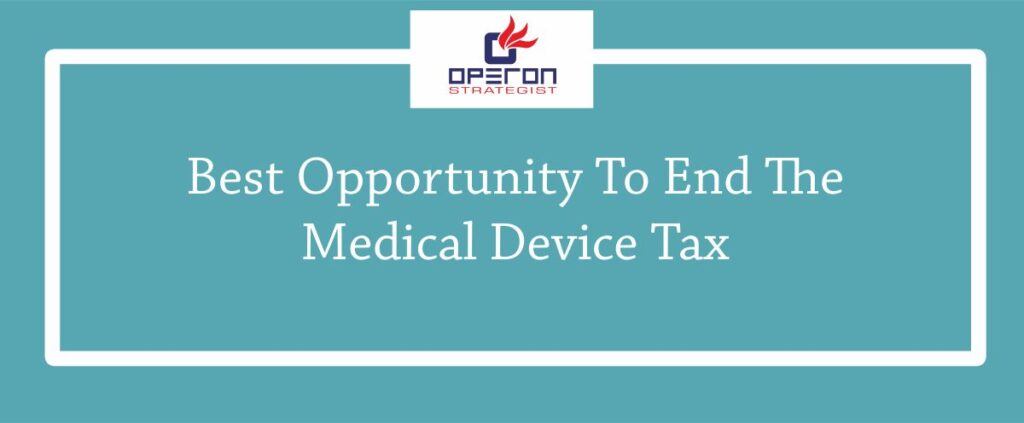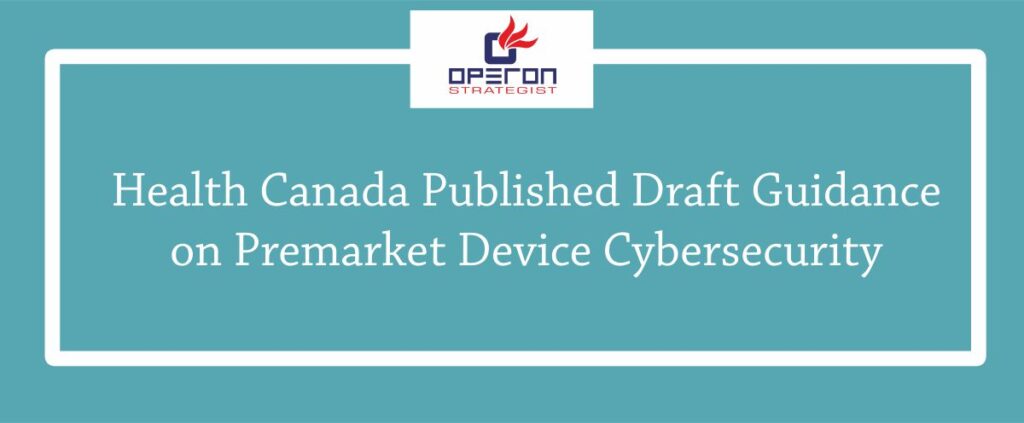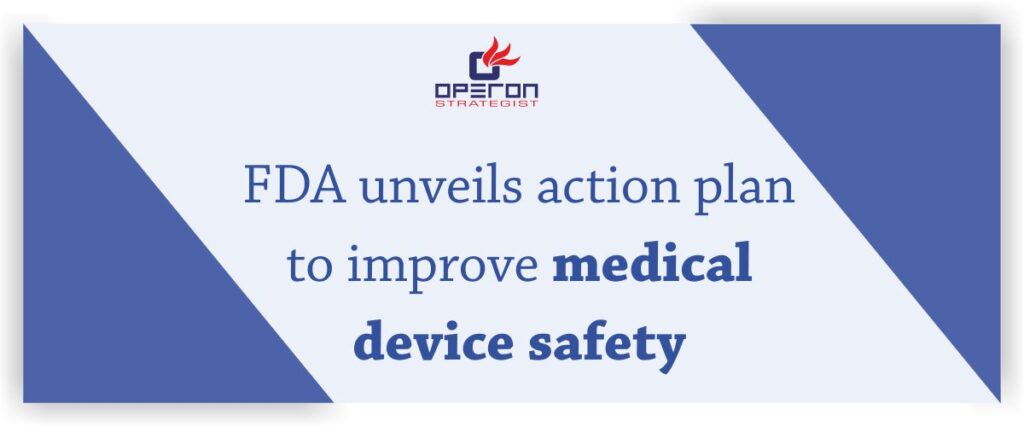As members of Congress work to pass the last five appropriation bills before a December 7 deadline, they must not miss the opportunity to repeal a misguided, job-killing medical device tax that threatens growth and innovation in America’s health care industry.
This tax was implemented in 2010 as part of the Affordable Care Act to help cover the on-paper cost of the law, although none of the revenue from the tax was directed to defray health care costs. Since then, it has been delayed twice by bipartisan coalitions because it is so destructive to job growth, innovation, and health care quality. But it is still on the books — and is set to return.
This is an additional 2.3 percent tax levied against medical device manufacturers on their gross revenue — not profit or production — from selling a variety of devices. Manufacturers that don’t (or barely) make it into the black by the end of the year would still have to pay the tax. This could bump them into the red, force them to cut staff, cause them to scale back important medical research, or put them out of business altogether.
This is particularly threatening to smaller medical device manufacturers, which account for 80 percent of the industry, provide jobs across the country, and drive most of the innovation in the field. It could be a death sentence for new startup companies trying to grow.
What lies ahead for Medical Device Manufacturer ?
How to procure Manfacturing license and Import licesne for Medical Devices from CDSCO ? Click below to know more
In short, the tax on medical devices would mean fewer jobs, less innovation, and higher health care costs through loss of efficiencies born from innovation.
In July, the House of Representatives moved a bipartisan bill to kill the tax (with 57 Democrats signing on), but the repeal bill has stalled in the Senate due to procedural bottlenecks.
Despite bipartisan support to stop the tax, it’s unlikely that Democrats will do anything now that helps make the case it is destructive to economic growth. It doesn’t fit into their narrative. That means Republicans must get this done now during the lame duck session before Democrats take control of the House of Representatives in January.
What’s at stake if the medical device tax isn’t stopped? Just consider what’s happening in California, our nation’s largest economy. California has seen an explosion of job growth in the life sciences industry, increasing from 289,726 jobs in 2017 to 311,226 jobs now. These jobs carry average salaries of $119,000. Medical device manufacturers make up 54 percent of this sector in California — and this is where much of the growth is happening. As a result, there were 454 medical devices approved from California companies this year.
Medical devices improve the lives of millions of Americans by making them healthier, happier, and more comfortable. Why would we want to allow this ill-conceived tax to slow or stop this progress when so many peoples’ jobs and health are at stake?
When this tax was in effect from 2013 to 2015, the American medical device industry lost 28,800 jobs. Investment in the industry dropped by $34 million the first year it was implemented. In 2017, the America Action Forum estimated the tax could kill an additional 25,000 jobs by 2021 if it isn’t stopped. Furthermore, because the threat of the tax still looms, medical device manufacturers cannot plan for the future with certainty.
We cannot allow this blunder of a tax to be repeated.
Thanks to the delay of this tax, combined with Republican tax cuts and deregulation efforts, the medical device industry is thriving — sustaining and expanding U.S. employment, research and development, related infrastructure, and investments to grow these businesses. If the medical device tax goes back into effect, much (if not all) of that growth would be negated for this industry. According to the America Action Forum, full repeal of the tax could net 53,000 additional jobs by reviving those the tax killed and preventing future losses.
Congress should permanently stop this tax by including language in one of the remaining appropriations bills that has yet to be decided. This would be the easiest, most expedient way to stop a terrible tax and protect innovation, growth, and the quality health care in the U.S.

-
Operon Strategisthttps://operonstrategist.com/author/snehal/
-
Operon Strategisthttps://operonstrategist.com/author/snehal/
-
Operon Strategisthttps://operonstrategist.com/author/snehal/
-
Operon Strategisthttps://operonstrategist.com/author/snehal/





